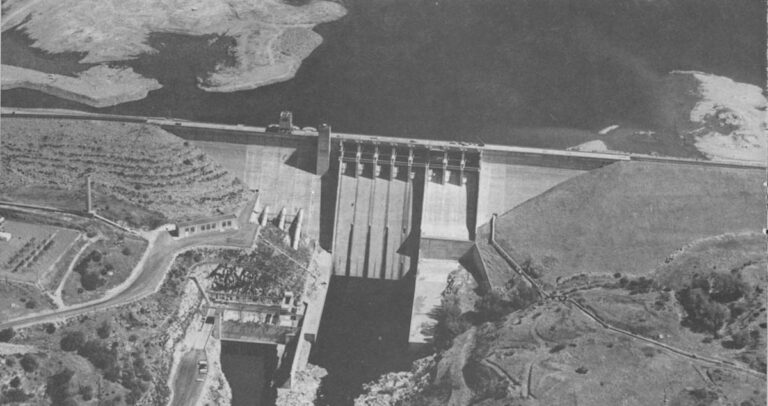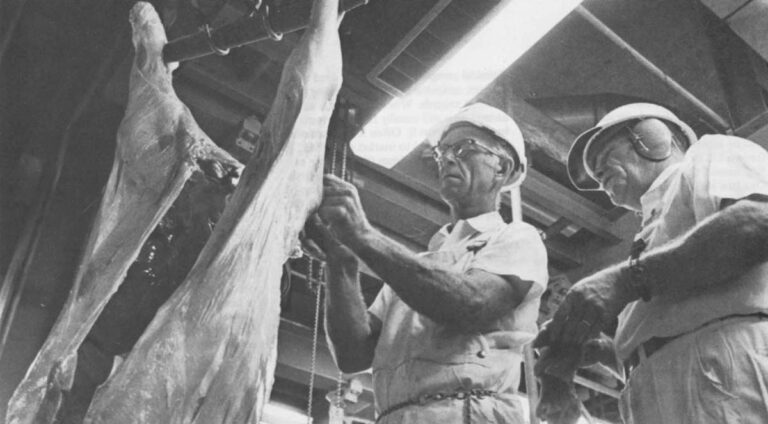APF’s Notable Journalism Over the Past 60 Years
To honor the life of publisher/editor Alicia Patterson, who died six decades ago, the foundation is spotlighting some of the remarkable journalism funded in her name. Each week in 2024, the website will feature an outstanding article from the APF archives.
To begin this celebration of important journalism created by writers and photographers who received Alicia Patterson Foundation grants, we are featuring a prescient article written by fellow Marc Reisner. Marc’s work on America’s water resources became the nexus of his influential 1993 book, “Cadillac Desert: The American West and its Disappearing Water,” a definitive book on the West’s water crisis that continues to be cited and read.
As Farhad Manjoo wrote in The New York Times last January 23rd,
“I’ve been thinking a lot about Cadillac Desert in the past few weeks, as the rain fell and fell and kept falling over California, much of which, despite the pouring heavens, seems likely to remain in the grip of a severe drought. Reisner anticipated this moment. He worried that the West’s success with irrigation could be a mirage — that it took water for granted and didn’t appreciate the precariousness of our capacity to control it.”
Featured Article: by Marc Reisner
The Irony of the Blooming Desert: Our No-Win Water Policy
(First published Feb. 3, 1979 in the APF REPORTER) Three-quarters of a century ago, the United States embarked upon a policy, the results of which would mock its own intentions. Because it has been an obscure policy–or, more accurately, a policy which dwells in that special kind of obscurity reserved
Orville Schell, an APF fellow in 1980, currently is the Arthur Ross Director of the Center on U.S. – China Relations at the Asia Society in New York City. Earlier, he was the dean of the University of California – Berkeley Graduate School of Journalism. He is the author of 15 books, ten of them about China, and is a longtime journalist for The New Yorker, Atlantic Monthly and The New Republic. He won a Guggenheim Fellowship for the Creative Arts and worked on documentaries for PBS and Frontline.
During his APF year, he researched the U.S. meat industry’s reliance on drugs. Four years later, he produced the book, “Modern Meat: Antibiotics, Hormones, and the Pharmaceutical Farm.”
The following article, on how an overworked USDA inspector tries to keep contaminated meat from reaching consumers, first ran in the APF REPORTER magazine on November 28, 1980.
Featured Article: by Orville Schell
The Meat Inspector
BOLINAS, CA.– “OK. You see that discoloration here, that’s caused by pneumonia,” says Dr. Thomas Harris, DVM, Inspector-in-Charge for the U.S. Department of Agriculture’s Meat and Poultry Inspection Program. He points at a large pink bovine lung, and slices into it with a butcher knife. Next to it are a


